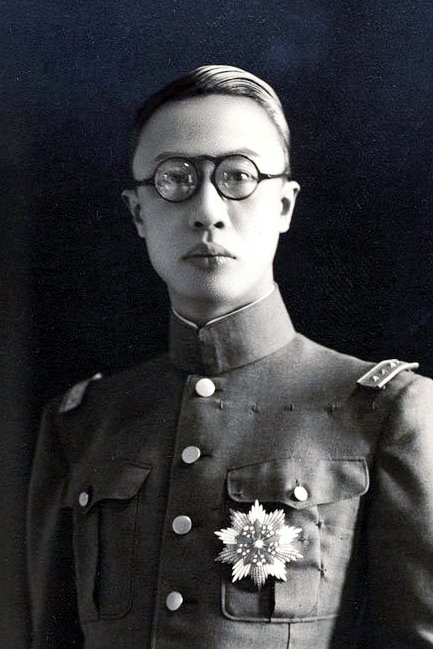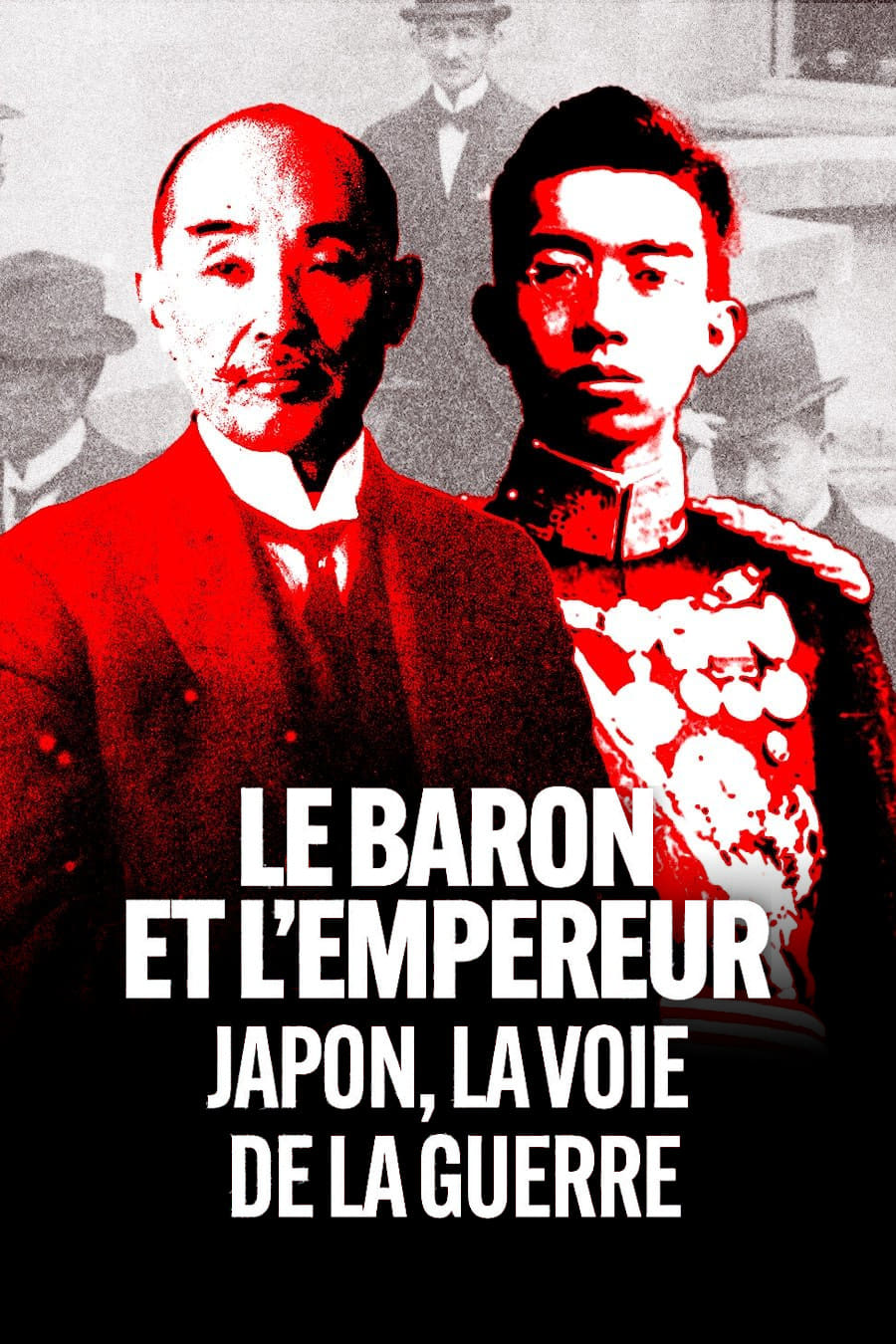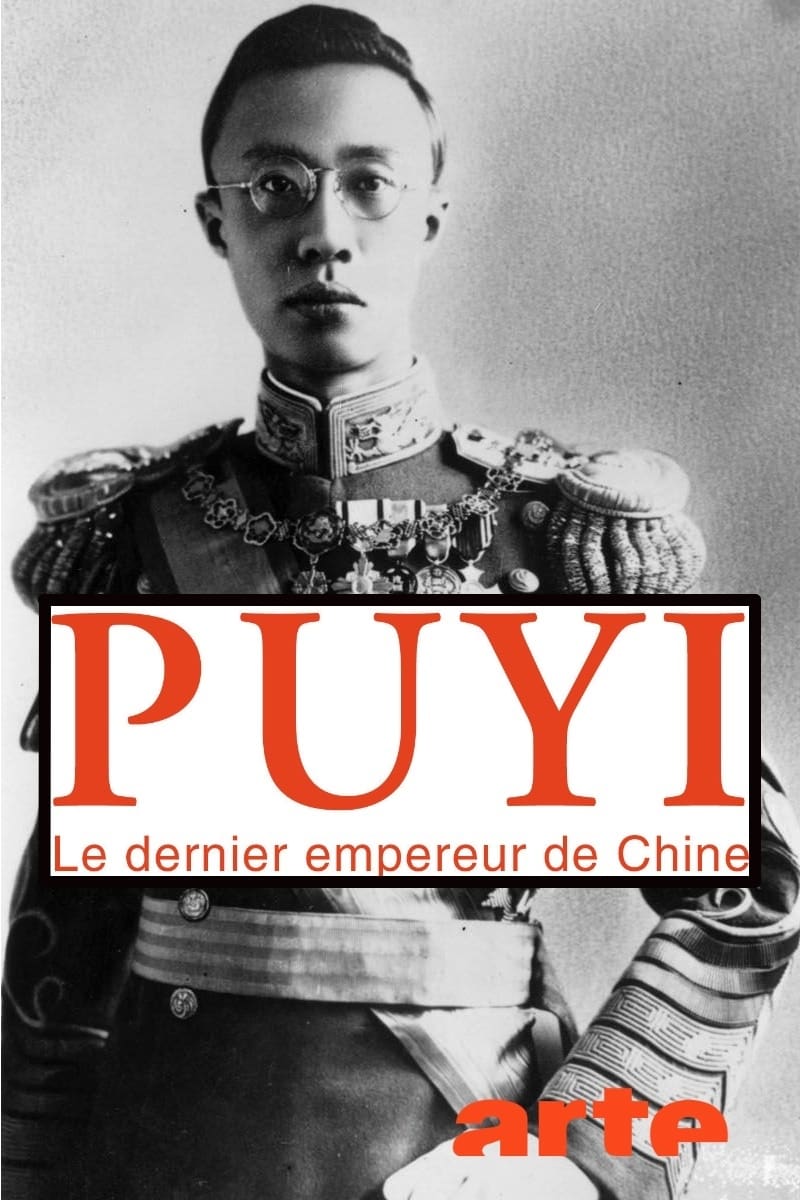


This program reveals the unorthodox life of Puyi, the last Emperor of China, through the use of rare footage from the period. Puyi's story, set against the immense luxury of the Chinese nobility, the decadent 1930s in Tianjin, the upheaval of World War II, the bleakness of prison, plus the turmoil of the Cultural Revolution, reflects the turbulent history of China and its people during the early and middle 20th Century.
From Wikipedia, the free encyclopedia. Puyi (7 February 1906 – 17 October 1967), of the Aisin Gioro clan, was the last Emperor of China. He ruled in two periods between 1908 and 1917, firstly as the Xuantong Emperor from 1908 to 1912, and nominally as a non-ruling puppet emperor for twelve days in 1917. He was the twelfth and final member of the Manchu Qing Dynasty to rule over China. He was married to the Empress Gobulo Wan Rong under the suggestion of the Imperial Dowager Concubine Duan-Kang. Later, between 1934 and 1945, he was the Kangde Emperor of Manchukuo. In the People's Republic of China, he was a member of the Chinese People's Political Consultative Conference from 1964 until his death in 1967. His abdication was a symbol of the end of a long era in China, and he is widely known as The Last Emperor. Description above from the Wikipedia article Puyi, licensed under CC-BY-SA, full list of contributors on Wikipedia.
By browsing this website, you accept our cookies policy.